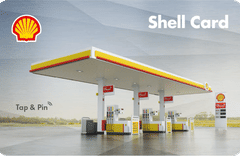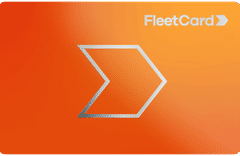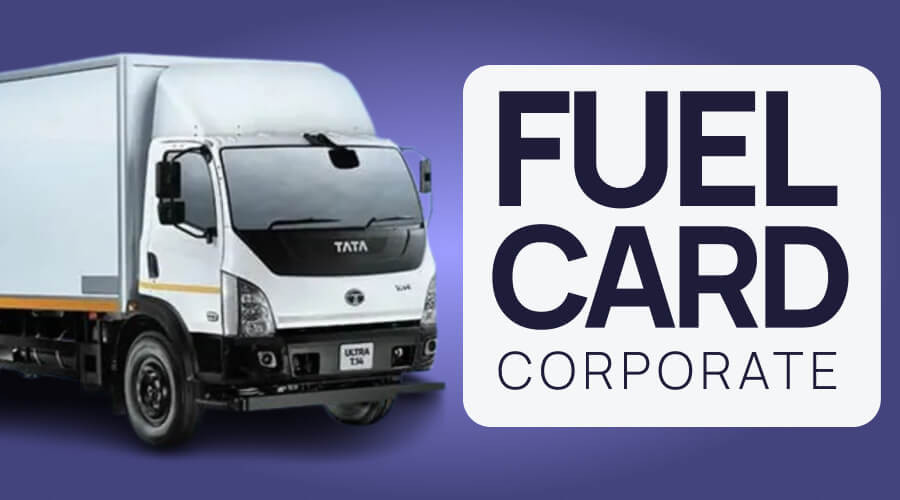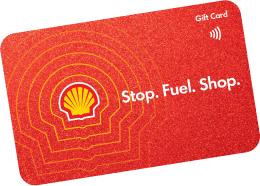For most Australian businesses, fuel is just one part of vehicle expenses. The real challenge is managing how, where, and when it’s spent. Corporate fuel cards take care of that. They simplify payment, reduce admin time, and provide instant visibility across your fleet. Whether you’re managing a few utes or a national operation, modern fuel cards can deliver savings that go well beyond the few cents off at the pump.
Why Businesses Use Corporate Fuel Cards
Corporate fuel cards work like business charge accounts. They let approved drivers refuel without cash or personal credit cards, while all expenses are billed to the company in one statement.
The key benefits include:
- Consolidated billing for tax and BAS reporting
- Controlled spending with limits by driver or vehicle
- Interest-free terms that improve cash flow
- Rewards that add extra value on regular spend
These features make tracking fuel expenses simpler and more transparent, especially as fuel prices fluctuate and admin time becomes costly.
Benefits of a Corporate Fuel Card
1. Saving Money Starts with Better Oversight
The biggest financial gain from a corporate fuel card isn’t always the discount. It’s the ability to see exactly where every dollar goes.
- FleetCard covers more than 6,000 sites nationwide and lets managers view transactions in real time, broken down by driver or vehicle.
- Shell Card provides itemised reports that flag unusual purchases or higher-than-average usage.
- WEX Motorpass integrates with accounting software and produces GST-ready statements accepted by the ATO.
That level of reporting saves hours in admin time and can highlight small leaks in spending before they add up.
2. Discounts Still Add Up
Average ongoing savings range between 1 and 4 cents per litre, depending on fuel type and network. Discounts can go as high as 8-10 c/L during promo periods.
- BP Plus: 2-3 c/L ongoing (6 c/L promo for new accounts)
- AmpolCard: 2-44 c/L ongoing (8 c/L for first 10 months)
- FleetCard: 1–3 c/L (Up to 6 c/L promo for six months)
- Shell Card: 2–4 c/L (7c/L during promor period)
- WEX Motorpass: 1 c/L across multiple partner brands
While these figures look small, a fleet using 10,000 litres per year could save $200–$400 just on pump prices — before accounting for time or tax efficiencies.
3. Reward Programs Create Extra Value
Fuel cards also act as loyalty tools as well as payment systems.
- BP Plus + Qantas Business Rewards: Earn 1 Qantas Point per 2 litres (plus up to 75,000 bonus points for new accounts).
- FleetCard Rewards⁺ + Velocity: 1 Velocity Point per litre and up to 110,000 bonus points in year one.
- AmpolCard + Everyday Rewards: 1 point per $1 spent
- Shell Card + Flybuys: Choose between up to 8 Flybuys Points per litre or c/L off fuel.
For businesses that already travel regularly, these rewards can offset travel costs or provide employee incentives without changing everyday operations.
4. Better Cash Flow and Fewer Errors
Fuel cards typically include interest-free periods between 21 and 51 days, depending on provider. That gap between purchase and payment smooths cash flow and reduces reliance on short-term credit.
Equally valuable is the elimination of reimbursement paperwork. All purchases appear on one digital statement, so finance teams don’t chase receipts or calculate GST manually.
When linked to accounting software, fuel cards automatically categorise transactions for faster end-of-month reporting.
Corporate Fuel Card with Best Discounts
Fuel discounts remain one of the most direct ways to reduce operating costs. While reporting and payment flexibility often deliver the biggest administrative savings, comparing per-litre discounts gives a clear picture of potential cash savings over time. Ongoing discounts typically range between 1 and 4 cents per litre, with promotional rates available for new accounts:
- FleetCard delivers 1–3 c/L ongoing across multiple brands, with a 6 c/L six-month introductory offer.
- Shell Card averages 2–4 c/L through regular app-based promotions and brand-specific pricing.
- WEX Motorpass maintains access to over 6,000 partner stations with 1 c/L savings, ideal for fleets needing national coverage.
- AmpolCard provides an ongoing 2-4 c/L, increasing to 8 c/L for the first 10 months for new customers.
- BP Plus offers 2-3 c/L ongoing and 6 c/L for six months for new accounts.
- 7-Eleven Fuel Card offers 2-4 c/L ongoing and 10 c/L for the first six months.
- United Card provides 4 c/L ongoing and 5 c/L for the promo period.
For most fleets, the gap between 1 and 4 cents per litre may not seem large, but combined with accurate reporting, GST-ready invoicing, and interest-free terms, these small discounts compound over time. A business purchasing 25,000 litres annually could save $250 to $1,000 per vehicle per year, depending on network choice and usage volume.
The Bottom Line
Corporate fuel cards don’t just trim fuel bills. They simplify processes, tighten control, and turn data into savings. The best results come from choosing a card that fits your network coverage, reporting needs, and reward goals, not just the biggest headline discount.
For most Australian businesses, the combination of transparent reporting, flexible limits, and integrated loyalty now makes fuel cards one of the easiest ways to keep operating costs predictable.
Check Eligblity & Compare Fuel Cards
Compare the latest corporate fuel card offers and check your eligibility today.
Enquire to save
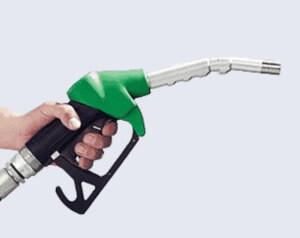
Corporate Fuel Card FAQs
How many vehicles do I need to get a corporate fuel card?
Most providers issue cards for any registered business with an ABN. There’s no strict minimum, but corporate-level accounts often start at three or more vehicles or regular monthly fuel use above 1,000 litres.
Are corporate fuel cards tax-deductible?
Yes. All fuel, servicing, and vehicle-related expenses purchased with a business fuel card are tax-deductible if used for business purposes. The detailed GST itemisation on statements also makes BAS reporting faster and more accurate.
Do fuel cards charge interest?
No. Fuel cards work on interest-free billing cycles (typically 21–51 days). If you pay on time, you’ll avoid interest altogether. Late payments may attract small admin or service fees.
Can I use a corporate card at any fuel station?
Coverage depends on the network.
- FleetCard: 6,000+ sites nationwide across most brands.
- WEX Motorpass: Accepted at over 90% of Australian service stations.
- Shell Card: 1,500+ sites with Flybuys integration.
- BP Plus: 1,400+ BP and partner locations.
- AmpolCard: 2,000+ Ampol and EG stations.
If your fleet covers regional routes, check that your preferred card includes independent or partner stations along your main routes.
Can I set limits for individual drivers?
Yes. Corporate cards include online dashboards where you can set daily or weekly spend caps, block non-fuel purchases, and track transactions by driver.
How long does it take to set up a fuel card account?
Most applications take 1–3 business days for approval once business details are verified. Physical cards typically arrive within a week.
*Fuel discounts and any fees listed are indicative only and subject to change. Actual savings often depend on factors such as business usage, monthly spend, card type, and provider terms. Always check with your chosen fuel card provider for the most up-to-date rates and eligibility criteria.

